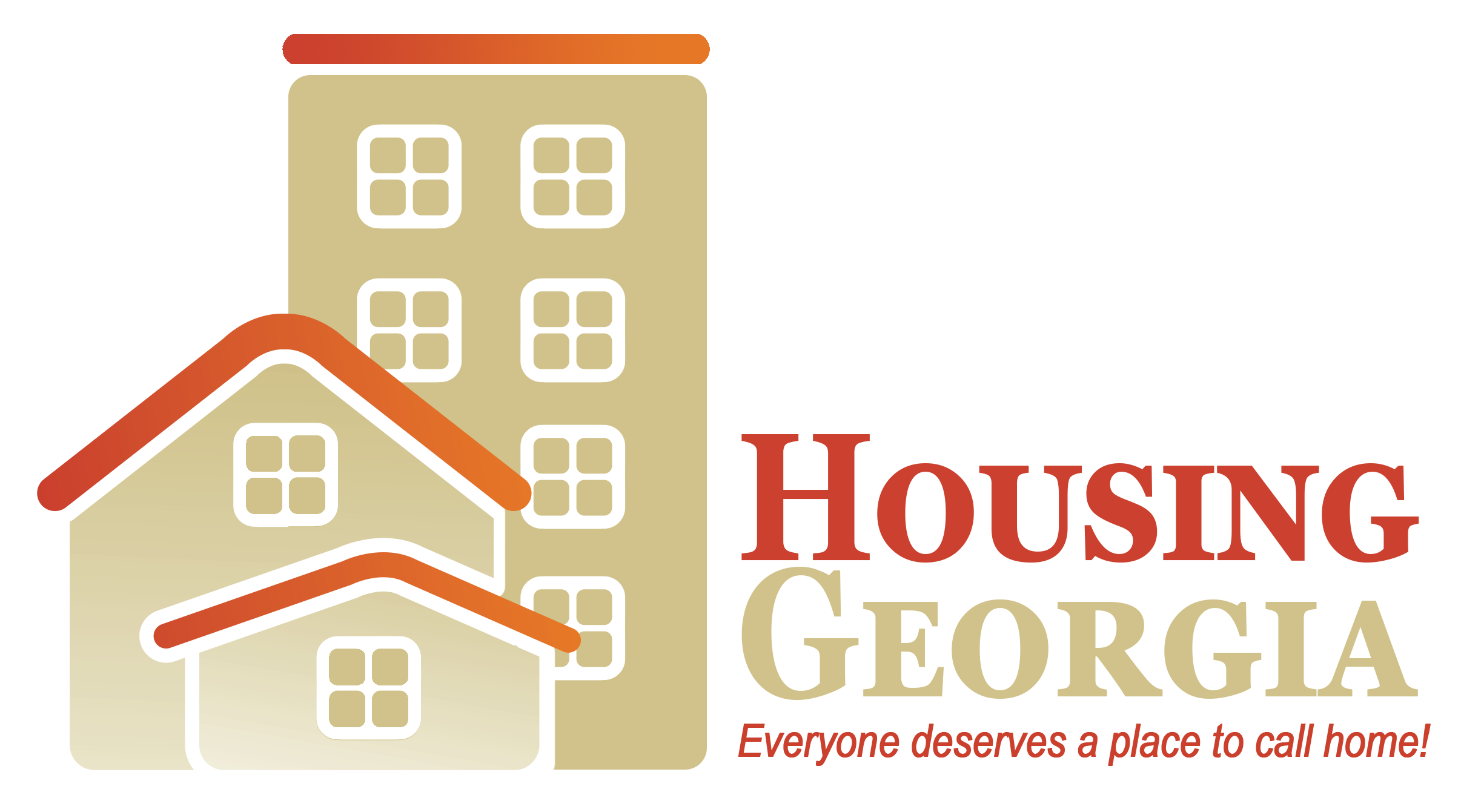2016 Legislative Session
Policy and Advocacy Focus
• Increase appropriations to the State Housing Trust Fund for the Homeless for permanent housing.
• Support the establishment of regional and local housing trust funds.
• Advocate for policies to insure that HomeSafe funding is timely and effectively committed to address foreclosure and blight.
• Restore funding for home modifications for people with disabilities at risk of institutionalization.
• Support policies for mandatory inclusionary zoning by local jurisdictions.
House Bills
• Passage of this measure would exclude consideration of unsubsidized properties in establishing fair market value (FMV) of Low Income Housing Tax Credit (LIHTC) properties.
• The Low Income Housing Tax Credit Program is the main source of subsidy for the development of affordable multi-family housing.
• Comparing tax-credit to non-tax credit properties in the appraisal process increases taxes and reduces money available for other operating expenses, such as project maintenance, resulting in deteriorating project conditions.
HomeSafe Georgia Report
• In 2008 Georgia was allocated $339,255,819 in federal Hardest Hit Funds to assist states to develop locally-tailored foreclosure prevention solutions.
•Last month, the State received an additional $30 million allocation, and an extension until December 2020 to spend funds.
•The money is made available to Georgia residents through the Department of Community Affairs HomeSafe Program.
•Georgia’s success in spending the 2008 allocation has been moderate at best.
•Please read this Executive Summary of Georgia ACT’s report on the State’s use of Hardest Hit Funds for our recommendations to modify the HomeSafe Program to benefit as many hardest hit Georgians and communities as possible, including using a share of the $360 million allocation to address blight remediation.
Senate Resolutions
• Many Georgia communities are experiencing a high-level of blighted and abandoned properties due to the recent foreclosure crisis.
• Blight dramatically decreases property values and poses health and safety risks.
• Local jurisdictions and communities need better strategies and more resources to repair, close or demolish blighted, vacant buildings
House Resolutions
Passage would provide an opportunity to explore strategies to reduce homelessness and provide more safe and decent affordable housing. This is important because:
◦ The recent financial crisis left many people renting and rental rates rising sharply, while Georgia has a severe shortage of affordable housing in both urban and rural areas. The deficit is particularly acute for extremely low income households (those at 30% or below area median income).
◦ Too many Georgians are housing cost burdened: 16% of Georgians spend more 50% of their income on housing costs. 18% spend between 30% – 50% of their income on housing.
◦ 30% of homeless people in Georgia are families with children; 12% are veterans!
◦ Housing affects the health, welfare, and safety of residents, the economic viability and planned growth communities and significantly contributes to job creation and industry.
◦ Federal funding opportunities are available to assist Georgia to end homelessness and develop more affordable housing options.
